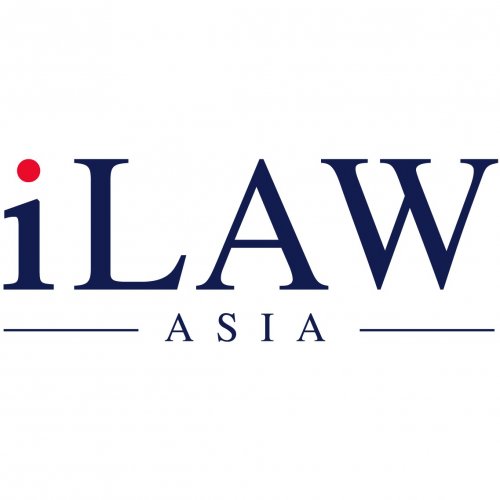Best Employer Lawyers in Yangon
Share your needs with us, get contacted by law firms.
Free. Takes 2 min.
List of the best lawyers in Yangon, Myanmar
About Employer Law in Yangon, Myanmar
The Employer Law of Yangon, Myanmar, is administered under the Labour Law and it covers a range of employment issues. These include terms and conditions of employment, dismissal processes, working hours, leaves, female employee rights, overtime, and workplace safety. The law aims to ensure fair wages, prevent job insecurity, and promote social security.
Why You May Need a Lawyer
While it is possible to handle some employment issues without legal assistance, certain situations necessitate the expertise of an employment lawyer. These may include disputes over contracts, wrongful termination, harassment at the workplace, issues of minimum wage or overtime payment, workforce reduction, and discrimination issues. A legal professional can provide guidance through the intricacies of the law, safeguard your interests, and ensure you get fair treatment in accordance with the laws of Myanmar.
Local Laws Overview
The local laws in Yangon encompass various aspects of employment to protect the rights and wellbeing of the employees. Employers must provide a written contract outlining job duties and terms of employment. Work hours should not exceed 44 hours per week, with overtime being compensated at a higher rate. There are special considerations in place for women and young workers, which include prohibition against night shifts for women and certain dangerous jobs for young people. Unlawful dismissal is prohibited and employers must follow a certain process for disciplinary actions.
Frequently Asked Questions
What are the grounds for legal dismissal of an employee?
Employees can be dismissed for poor performance, misconduct, breach of company regulations, or if the employer is downsizing. Proper investigations and notice periods are generally required.
Are there any special protections for female workers?
Yes. Women are not permitted to work between 10pm and 5am or in hazardous jobs. There are also provisions for maternity leave and benefits.
What are the provisions for overtime?
Overtime hours must be compensated at a higher rate, set at twice the employee's normal hourly rate, and cannot exceed 16 hours per week.
What are the minimum wage rules in Myanmar?
Myanmar has a mandatory minimum wage which is updated periodically. As of now, the minimum wage is set at 4,800 kyat (around $3) per day, which applies to all sectors and zones.
What to do if I face a violation of my employee rights?
If you believe your rights as an employee have been violated, you can file a complaint with the Labour Department, or call upon the services of a lawyer proficient in employment law.
Additional Resources
The Ministry of Labour, Immigration and Population is the regulatory body responsible for employment laws in Myanmar. For labor disputes, you can seek resolution through the Dispute Settlement Arbitration Council. You can also find resources and support from local labor unions and non-profit organizations advocating for labor rights.
Next Steps
If you believe that your rights have been violated or if you need assistance with an employment-related legal issue, reach out to a reputable lawyer or a law firm in Yangon who specializes in Employment or Labour Law. Make sure to bring all your necessary documents, contracts, pay-slips, and record of correspondence with your employer. They would be able to guide you through the legal process and help you take appropriate steps for your situation.
Lawzana helps you find the best lawyers and law firms in Yangon through a curated and pre-screened list of qualified legal professionals. Our platform offers rankings and detailed profiles of attorneys and law firms, allowing you to compare based on practice areas, including Employer, experience, and client feedback.
Each profile includes a description of the firm's areas of practice, client reviews, team members and partners, year of establishment, spoken languages, office locations, contact information, social media presence, and any published articles or resources. Most firms on our platform speak English and are experienced in both local and international legal matters.
Get a quote from top-rated law firms in Yangon, Myanmar — quickly, securely, and without unnecessary hassle.
Disclaimer:
The information provided on this page is for general informational purposes only and does not constitute legal advice. While we strive to ensure the accuracy and relevance of the content, legal information may change over time, and interpretations of the law can vary. You should always consult with a qualified legal professional for advice specific to your situation.
We disclaim all liability for actions taken or not taken based on the content of this page. If you believe any information is incorrect or outdated, please contact us, and we will review and update it where appropriate.









